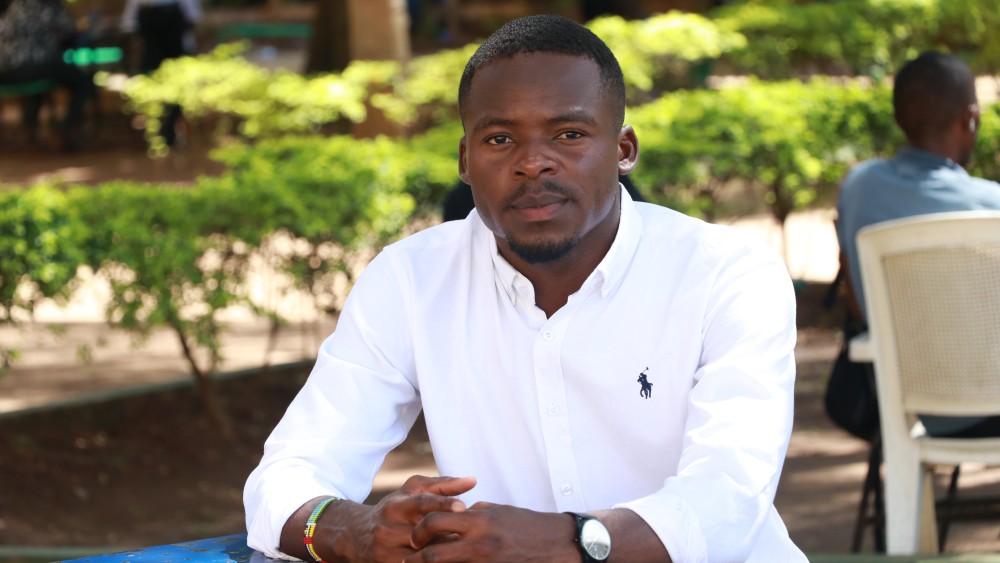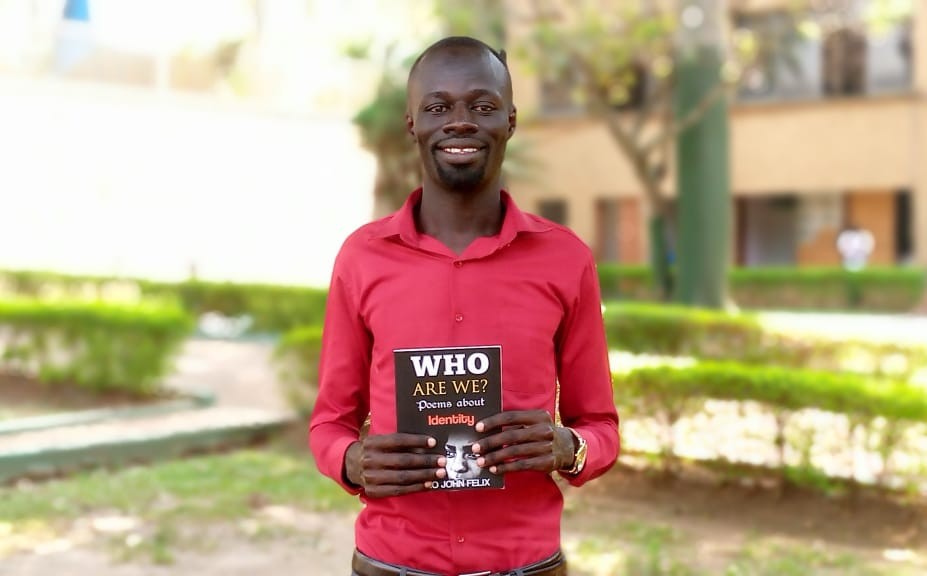
Apr
KIU 29th Graduation Ceremony: Mack M Gbangandimbo's Journey of Insight at KIU
April 25, 2024, 9:19 am
 Rebecca Nabejja
Rebecca Nabejja

Felix John Opio, the Lead ICT Supervisor at Kampala International University has recently published a book titled ‘Who Are We? Poems About Identity’. The book is a collection of poetry about identity. Much as Felix pursued his education in the field of Computer Engineering for his Bachelors's Course, and Software Engineering for his Masters Course, his passion lies in the area of transformation for a total complete change, and he chooses to do this by writing.
“I have done 3 books so far including ‘5 Secrets To Building A Healthy Relationship’ and ‘Make Jobs Look For You’, and I am planning to write another that complements the current one about taking a step to the next level.“ he says.
Felix says that because many people grow up living other people’s lives, they let other people, culture, and society define them.
“Can a pot tell another pot what its purpose is? Are not all pots subject to the purpose given to them by the potter?” writes the author.
According to Felix, this point of view exposes human beings’ limited capacity to define others’ purposes.
“Roughly close to 90% of the world’s population suffers from an identity crisis,” he explains, “they don’t even know who they are, and most of them are stuck with ideas of identity provided by schools, culture, family, and so on.”
Felix, in ‘Who Are We?’, uses poetry as his style of writing because it appeals to both emotion and intellect, and this helps convey the message better.
The book begins with the challenges people face because of lost identity and ends with thoughts and truths on who they are and what they should become.
Felix encourages the KIU Community to collaborate with one another so as to achieve their goals easier.
“KIU is a very beautiful place. It has wonderful people from different cultures and countries. Therefore, we need to collaborate more by sharing ideas with one another,” Felix says, “because usually, the knowledge and resources that someone may have, another may need.”
Kampala International University,
Box 20000, Ggaba Road, Kansanga, Kampala